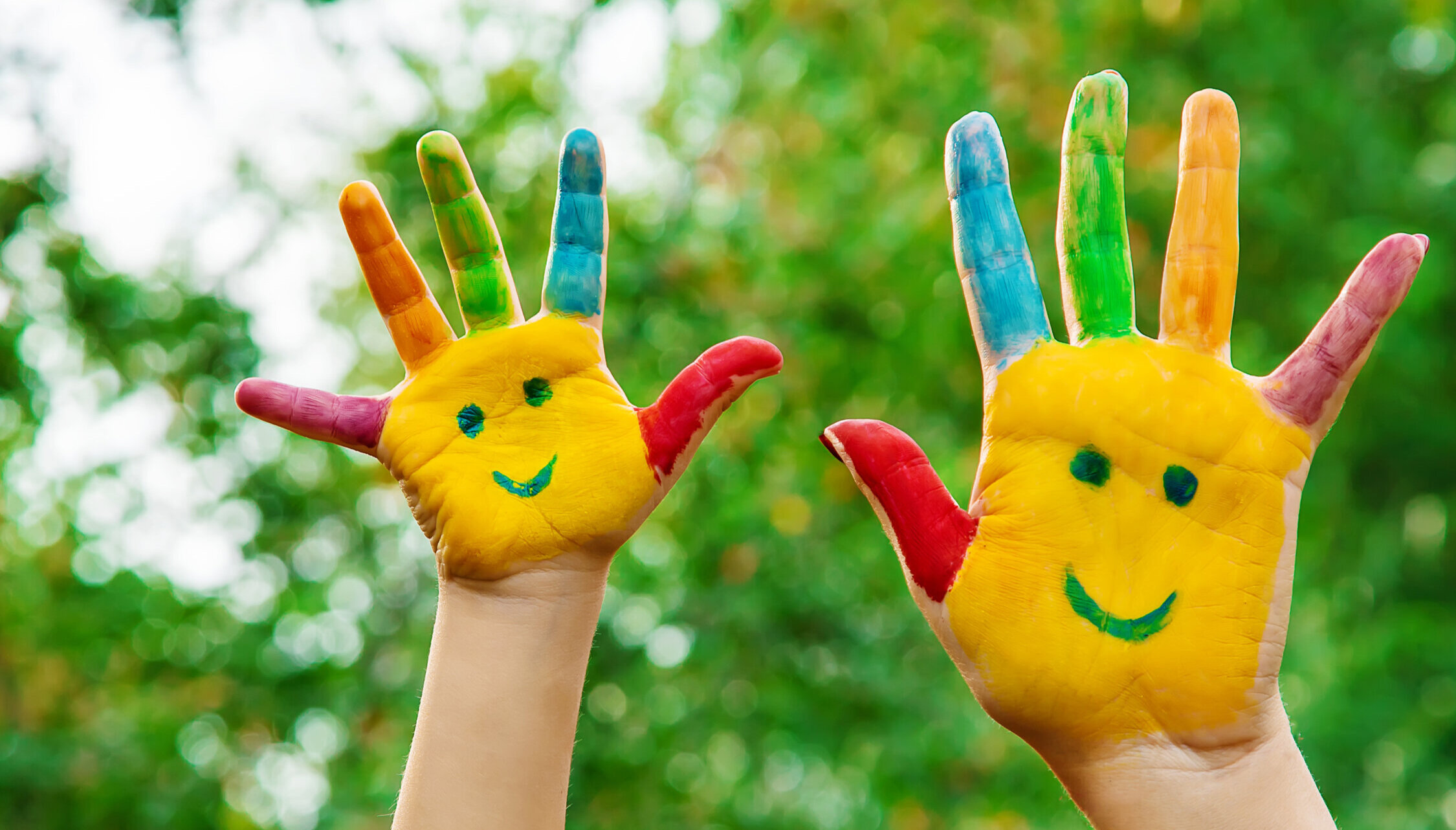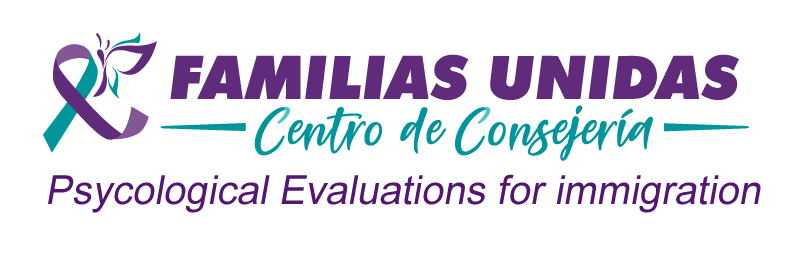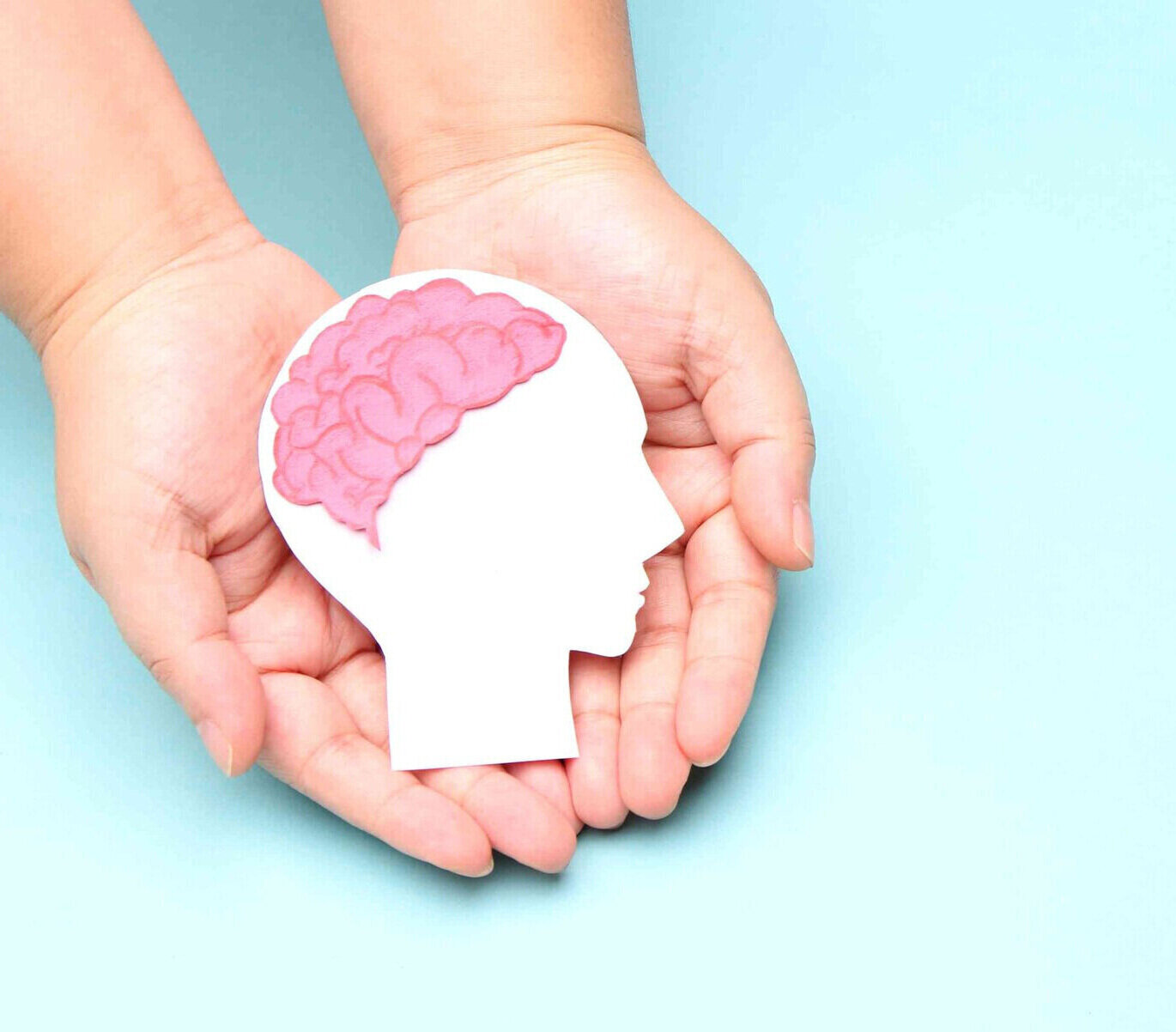
Social Emotional and Mental Health Services for Schools
We would love to become part of your team
and service your school district.
For more information on our services, please contact the program director, Dr. Amanda Banda, Ed.D, LCSW, at (213)284-0880 or email info@FamiliasUnidasLA.com.
Social Emotional & Mental Health Services
Familias Unidas counseling center believes in the healing power of mindful and client-centered psychotherapy.
We focus on enriching the life of each student, parent, teacher, and staff member by enhancing their natural skills, guiding them through their trauma-healing process, and empowering them with knowledge and useful therapeutic techniques to cope with life.
Our dedicated team of mental health social workers and marriage and family therapist, utilize a culturally sensitive and holistic approach in treating each client. Why? because we believe in treating each person as a whole (body, mind, and environment), not just focusing on their presenting problem.
Our Core Services.
Counseling services in English, Spanish, and Mandarin
We have extended hours of services: Monday - Sunday, from 8am to 8pm.
Zoom/ Phone/ Hybrid
Weekly Social Emotional Seminars (We customize to your school needs)
Participation in IEP meetings as needed
Supervision of interns - social workers as needed
*We customize every service to your school needs
Flexible
Scheduling
We applaud the commitment of embarking in a new process of change through psychotherapy, therefore, we offer individual therapy Monday- Sunday 8am- 8pm, so that working parents have the chance to benefit from this service without missing work nor any of their child-center activities
How to Send Us Referrals
Our referral process is simple. Just call our office at (323)430-4200 and refer your client or send us an email at info@FamiliasUnidasLA.com
What to Expect
After a Referral
We will contact the referring source to get more information on the case and will contact the client to present our program and services. We will send the client our application to enroll and will link them to one of our clinicians in the same week.
Great
Perks
We are here to support your schools, parents, principals, teachers, and staff. We bring solutions, not busy work. Therefore, with your permission and approval, we will provide our own flyers for seminars and other services, we will reach out to your principals and school counselors and any other person of interest to inform them of our services and ways to connect.
WHY FAMILIAS UNIDAS:
We are a team of culturally sensitive mental health professionals trained to treat an array of social-emotional problems and mental health diagnosis with a holistic approach and client-centered mindset.
We specialize in:
conduct disorder
obsessive-compulsive behavior
phobias
ADHD
depression
anxiety
post-traumatic stress disorder (PTSD)
grief and loss …
and everything that is beneath the surface, such as, sexual abuse, childhood traumas, child neglect, domestic violence, divorce, growing up in a single parent household, being in foster care, issues that come with being an immigrant in the U.S., gender identification (LGBTIQ), and more.
We offer a flexible schedule, our entire team is multilingual in English, Spanish, and Mandarin. We currently offer our services via Zoom and will transition to a hybrid model of virtual and in-person services when safe.
We take care of all the marketing, and we will happily tailor our services
to fit the needs of your district/schools.
Weekly Seminar Topics:
Effective Communication Skills
Identifying Emotions (how does it feel in my body?)
Identifying the influence of your thoughts, behaviors and emotions on your life
Grounding techniques and meditation
Thought Stopping Technique, Resilience, and Short Term Goals
Depression and Suicide
Anxiety and Panic Attacks
PTSD
Addictions (food, social media, gambling, drugs)
Generational Trauma (healing the inner child)
Child Neglect and Domestic Violence
Discipline with Love (boundaries, routines, respect, and parental expectations)
Returning to the new normal: Covid 19
Parenting and the new normal
Survival: Is it normal to resist change?
How to master uncertainty in your life
The Power of Positive Thinking for a healthier Life
Pros and Cons of aiming for perfectionism vs living in a growth mindset
Stress: risk & resilience
Emotional Development
Motivation and Self-Esteem
Dealing with Bullies and Cyber Bullies
Screen time: The Struggle to find the Right Balance
Parenting as a team and Co-parenting
Setting limits and sticking to them
Coping skills and Positive Affirmations
*Do you have a topic in mind? Let us know and we will develop a seminar.
What is Social-Emotional Health?
A child that is socially and emotionally healthy enjoys a positive quality of life and functions well at home, school and the outside community. Positive social and emotional health in children involves appropriate guidance and consistent discipline, safe and secure surroundings, encouraging teachers and supportive caregivers and the opportunity to relate safely to others
What do social-emotional skills help children do?
Make friends and keep friendships
Gain self confidence
Resolve conflicts
Problem solve
Manage stress and anxiety
Learn social norms
Make appropriate decisions
Resist negative social pressure
Learn strengths and weaknesses
Gain empathy
Social-Emotional Tips:
What you can do to help your child's social-emotional development
Be a
role model
of the emotions and behaviors you want your child to show. You are your child’s first teacher and they look up to you as a role model.
Be
responsive
to your child’s emotions and behaviors. Responding will help to develop trust between you and your child.
Ask your
child questions
when they are upset. These questions can be about why they are upset, or offering alternatives to understand the root of their unhappiness. For example, “Would you like to eat a snack or do your homework first?”
Use
stories
to talk to your child about different social situations and how each person might be feeling.
Ask open-ended
questions,
such as “What would you do?” to help develop problem-solving and critical thinking skills
Encourage
children
to try new things and learn how much they can do to enhance self-confidence
Play
games
to teach kids how to take turns, win and lose, share, and negotiate.
Listening
skills
sit with your child and listen to what they have to share without interrupting them.
What to Watch For: How to address social-emotional issues:
The sooner your child receives help in developing their social-emotional skills, the better off their health and well-being will be. Your healthcare provider may be able to help you address the issue or refer you someone who can help. Here are a few examples of specialists who may be able to help your child:
Mental Health Social worker/ psychotherapist
Child psychologist
Neuropsychologist
Psychiatrist
Occupational therapist
Speech-language pathologist
Developmental and behavioral pediatrician
What is autism?
Autism is not a mental health problem.
It's a developmental condition that affects how you see the world and how you interact with other people.
Just like anyone else, autistic people can have good mental health. However, people with autism do often experience mental health problems. A study found that seven out of ten people with autism also have a condition such as anxiety, depression, ADHD or OCD. Below are are certain traits that most people with autism experience:
difficulty recognizing or understanding other people's emotions and expressing their own
being over- or under-sensitive to things like loud noises and bright lights, and finding crowded noisy spaces challenging
preferring familiar routines and finding unexpected changes to those routines challenging or distressing
having intense and specific interests in things
difficulties reading body language, understanding sarcasm and facial expressions
All of these traits can be experienced to lesser or greater degrees. Experiencing one or more of these traits doesn’t necessarily mean you have autism. But if these kinds of things are consistently present and are impacting upon your life, you may consider talking to your GP to discuss how you can seek a formal diagnosis.
What is ADHD?
Attention deficit hyperactivity disorder (ADHD) is a chronic biobehavioral disorder that manifests in childhood and is characterized by hyperactivity, impulsivity, and/or inattention.
These symptoms have been associated with difficulty in academic, emotional, and social functioning. The condition may be associated with other neurological conditions, significant behavioral problems (for example, oppositional defiant disorder), and/or developmental/learning disabilities. Therapeutic options included the use of medication, behavioral therapy, and adjustments in day-to-day lifestyle activities.
People with ADHD are much more likely than the general population to have other related conditions such as learning disorders, restless legs syndrome, ophthalmic convergence insufficiency, depression, anxiety disorder, antisocial personality disorder, substance abuse disorder, conduct disorder, and obsessive-compulsive behavior.
ADHD is one of the more common disorders of childhood. Studies in the United States indicate that approximately 8%-10% of children satisfy the diagnostic criteria for ADHD. ADHD occurs two to four times more commonly in boys than girls (male to female ratio 4:1 for the predominantly hyperactive type versus 2:1 for the predominantly inattentive type). While previously believed to be "outgrown" by adulthood, current opinion indicates that many children will continue throughout life with symptoms that may affect both occupational and social functioning.







